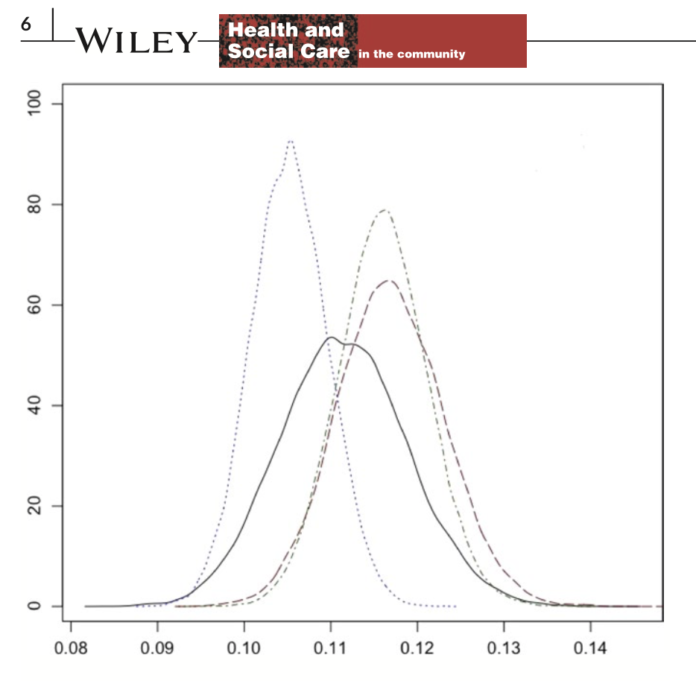Demographic trends escalate the demands for formal long‐term care (LTC ) in the majority of the developed world. The LTC workforce is characterised by its very low wages, the actual scale of which is less well known. This article investigates the scale of poverty‐pay in the feminised LTC sector and attempts to understand the perceived reasons behind persisting low wages in the sector. The analysis makes use of large national workforce pay data and a longitudinal survey of care workers, as well as interviews with key stakeholders in the sector. The analysis suggests that there are at least between 10 and 13% of care workers who are effectively being paid under the National Minimum Wage in England. Thematic qualitative analysis of 300 interviews with employers, care workers and service users highlight three key explanatory factors of low pay: the intrinsic nature of LTC work, the value of caring for older people, and marketisation and outsourcing of services.
Hussein, S. (2017) ‘We don’t do it for the money’… The scale and reasons of poverty-pay among frontline long term care workers in England. Health and Social Care in the Community. 25(6): 1817-1826.
Founder and Director
Shereen Husseinis a Health and Social Care Policy professor at the London School of Hygiene and Tropical Medicine (LSHTM), United Kingdom.
Shereen Founded the MENARAH Network in 2019, through an initial grant from the Global Challenge Research Fund, UKRI. She is a medical demographer with expertise in ageing, family dynamics, migration and long-term care systems. Shereen regularly collaborates with the United Nations, the World Health Organisation and the World Bank in policy and research focused on ageing in the Middle East and North Africa Region.
Shereen received her undergraduate degree in statistics and a postgraduate degree in computer science at Cairo University. She completed an MSc in medical demography at the London School of Hygiene and a PhD in quantitative demography and population studies at the London School of Economics and Political Science, United Kingdom.



